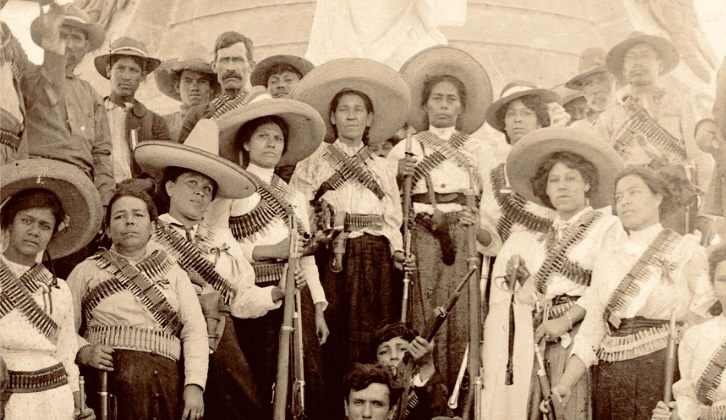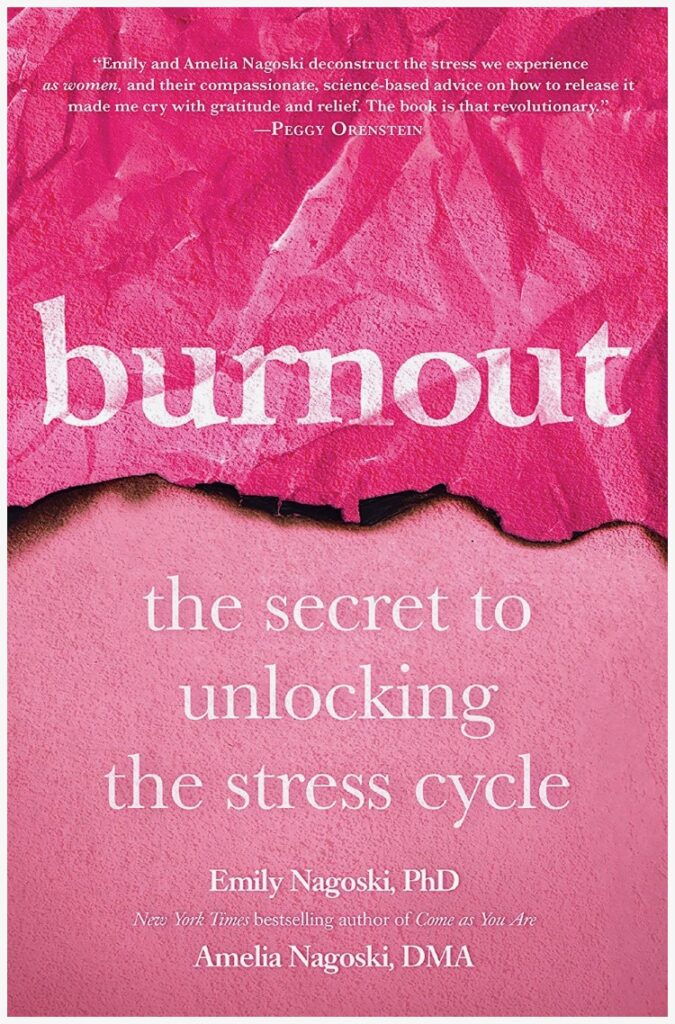
Put yourself first. To some of us this sounds like a revolutionary act.
A childhood friend of my husband’s has regular business in Miami. When he comes to town, he reaches out to get together. Before he moved away, he’d drop by unannounced to discuss his company’s legal problems although he’s never been a paying client. Over the years, Mark has done extensive pro bono work for his family members without so much as a thank you bottle of wine in return.
It’s not like I haven’t enjoyed being with the guy entirely. His irreverent sense of humor has earned him a pass until now. Recently, however, something in me has shifted. The more I feel seen in my own life, the less I want to hang out with people like him. He takes up way more space than someone who values the people around him. Every conversation is about him and his latest fill in the blank. He knows next to nothing about me despite the years, yet feels free to regularly comment on my appearance. His view of women bothers me. He complained about the mess in his college-aged son’s apartment now that he doesn’t have his mom to pick up after him. “He needs a girlfriend,” he said. Hahaha. One man’s joke is every woman’s barrier to equality. No, thank you.
He’ll be back next week and asked Mark about dinner. This time I requested they make lunch plans without me. At this point, I don’t have it in me to smile and nod—I have run clean out of that ability which was never great in the first place.

Living half a century and finally arriving at the conclusion that I can put my needs first—even articulating it that way rings selfish—runs against the grain of my conditioning. Twin neurobiologists, Drs. Amelia and Emily Nagoski, explore Human Giver Syndrome in their book Burnout: The Secret to Unlocking the Stress Cycle. HGS is the false, contagious belief that women* have a moral obligation to be “pretty, happy, calm, generous and attentive to the needs of others.” With this programming, if a giver falls short in any way, she may be punished by those around her. If she somehow escapes external disapproval, she will even go so far as to punish herself (see guilt).
The Nagoskis explain that it is not the giving itself that is toxic, rather the built-in expectation of constant, free labor by the rest of the world.** It is everyone else’s sense of entitlement to everything a woman has—“her attention, her time, her affection, her hopes and dreams, her body, her very life.” Because of this societal norm, women often take on more and more even until hospitalization or chronic illness results.

When my kids were younger, I got really sick for a few months. Any chance I had to crawl back in bed, I took it. No antibiotic or medication could clear my leaden skull or relieve the bone-deep exhaustion. At the time, I wasn’t in the practice of saying no to any kid or community obligation, yet I still felt like it didn’t come close to sufficient effort. That hollow sense of never doing enough finally knocked me to the ground. When I finally got better, it happened again the next year. I still remember the look of disdain on the chorus teacher’s face when I told her I couldn’t take on more volunteer work for the annual show even though my kid was the star. I told her I was ill but that didn’t matter to her one bit. Mystery illnesses and extended periods of exhaustion have also afflicted several friends, possibly with similar origins.
When we live in a society that rewards women by calling us “selfless,” this is what happens. We can’t have a self? All we should care about is everyone else? Holy shit. We have learned that it is a moral good to sacrifice ourselves and our well-being “at the altar of other people’s comfort” as the Nagoskis put it.

Proof of this conditioning pops in every time I buy groceries. Unless I specifically write on my list FOOD FOR ME, I will leave the store with an over-full cart and still have nothing for lunch the next day. My family’s own conditioning shows itself daily when they throw the door open to my quiet writing space, express no appreciation for a meal I have prepared, or fail to acknowledge that I have dropped my own work to help them out of a fix.

It has harmed us to live in a world where some people give everything until they have nothing left and are punished if they fall short—or if they do something totally against the rules, like ask to have their own needs met. We are encouraged and praised when we humblebrag about the number of hours we helped a kid with a science fair project (I never did this but my Facebook feed was FULL of other moms’ work). But what if we shared about how we’d caught up on our sleep and felt amazing? Others would resent that we’re not following the rules of over-giving and not want to hear it.

In the last few years pre-pandemic, I had only dipped a toe into saying no. That audacity has been punished by certain friends, or people I thought were friends, by being cut out of their inner circle. The only thing that changed was my refusal to add their agenda item onto my already full list of obligations. If I didn’t give more than I reasonably could, I was out.
So, what do we do about it? The Nagoskis recommend we start by removing these over-giving expectations from ourselves and each other, not relying on “self-care” but instead that all of us care for one another. Not asking for more when we know our friends are already overextended. Enlisting our partners to help unlearn it in our families. Consciously choosing a world where everyone feels responsible to one another. Honestly, this sounds freaking impossible, but to me, the idea is exciting.
The only path forward is to start small, creating awareness of how we perceive women in our own homes and circles. If you are man reading this, ask yourself what you expect of the women and girls in your life that you do not expect of the men and boys. Do you consider yourself “helping” in the domestic realm or do you assume equal responsibility? If you do plenty at home but harbor resentment over it, that’s a hint that you don’t actually consider any of it “your job.” Take a good hard look at your conditioning. Your parents modeled roles you internalized. Question those roles. If you are a woman, ask what healthy limits look like for you. This may be hard considering you’ve been conditioned to believe there are no limits on the amount you should give. Examine the unpaid labor you provide in the community and how doing the work makes you feel: energized or depleted? Make a list of work you’d say no to if examined in this context. Consider saying no.
There are so many spaces that take advantage of women doing work for free, or close to it, when real policy change is needed (i.e., public school teachers, PTA moms who take over unpaid swaths of responsibility at schools, women who do the same or more than men and get paid less everywhere all the time.)
The difficulty is that the jobs we have been doing for free (or underpaid) still need to get done. If we truly want societal change it will take men and women demanding it from employers, government representatives and each other. As one example, we can vote for reprentatives who will pay teachers what they are worth. Male-dominated state legislatures have been getting away with ripping off teachers as a traditionally pink collar profession for as long as the job has existed.
Letting go of the idea that we have to be all things to all people isn’t easy. Especially since we’ve been indoctrinated to believe we must be perpetually “pretty, happy, calm, generous and attentive to the needs of others.” It’s enough already. We must actively unlearn it. It will take surrounding ourselves with people who don’t treat us as if we’ve failed if we fall short of over-giving. This will be hard because we want to take care of everyone. We must realize that we cannot—it’s impossible.
We can do this. When we put our needs first and make space for others to do the same, we will make it okay to give to ourselves for a change.
Love,
Elizabeth
*For the sake of inclusivity, let’s assume HGS affects all those who identify with feminine gender norms.
** Men or those who identify with masculine gender norms can be givers too but the danger is in society’s expectation and conditioning of women. No one expects men to give until they end up ill. They are not rejected for taking care of themselves, setting boundaries and saying no, so they are better at it.
WRITING PROMPT: How do you put yourself first in the midst of everyone else’s needs? How can you take better care of yourself?
PS. Follow me on Twitter @heiseelizabeth1 and Instagram @elizabethheise1 for daily essayettes, my IG Live series Tell Me All About It, and future events.
Copyright © *2021* *Elizabeth Heise, LLC.*, All rights reserved.